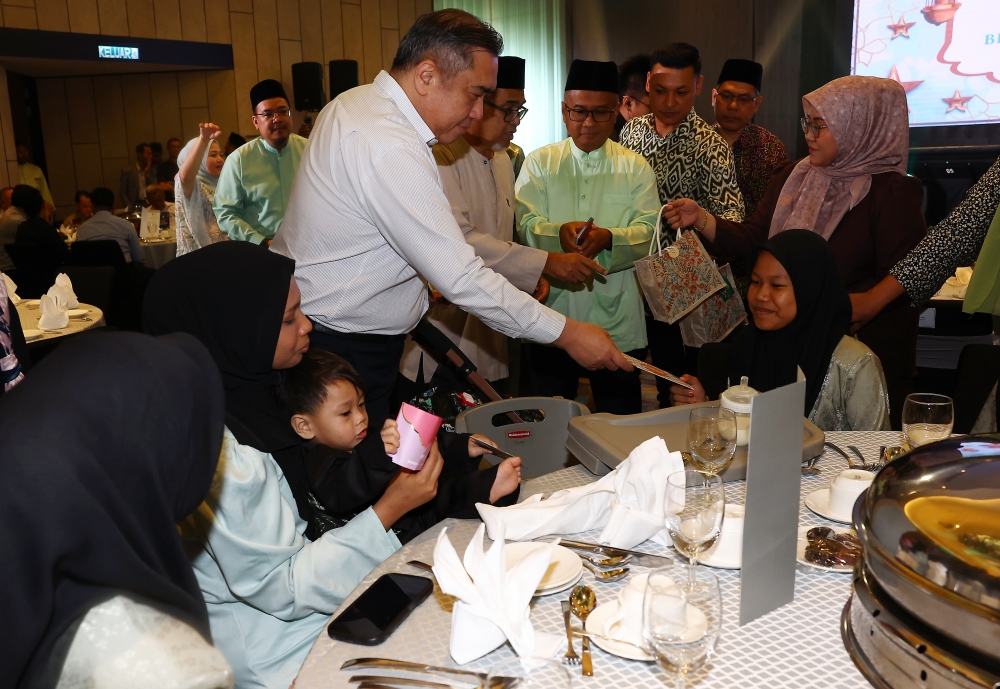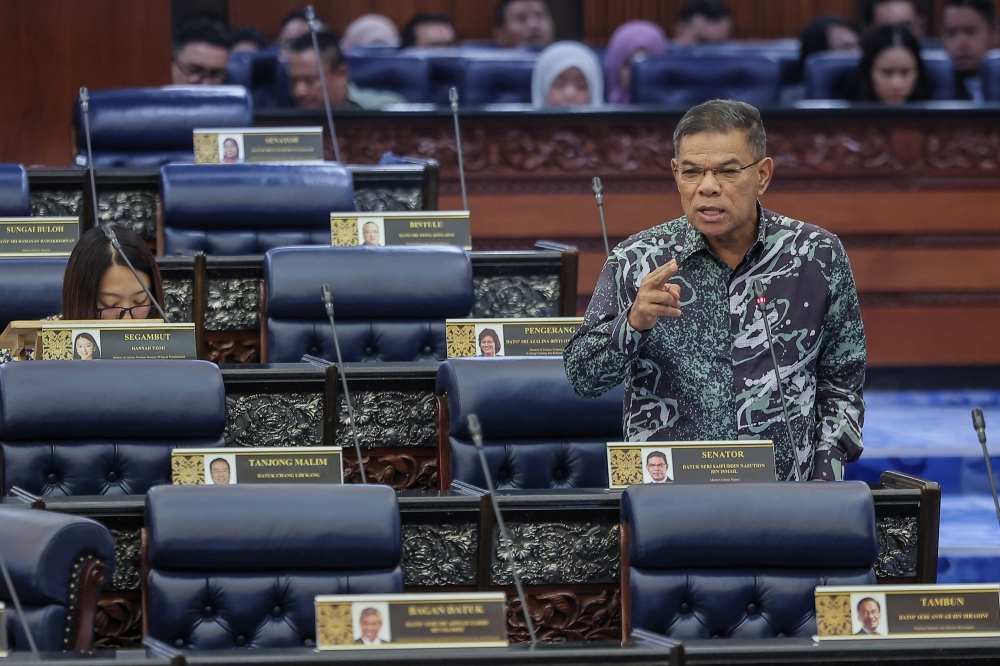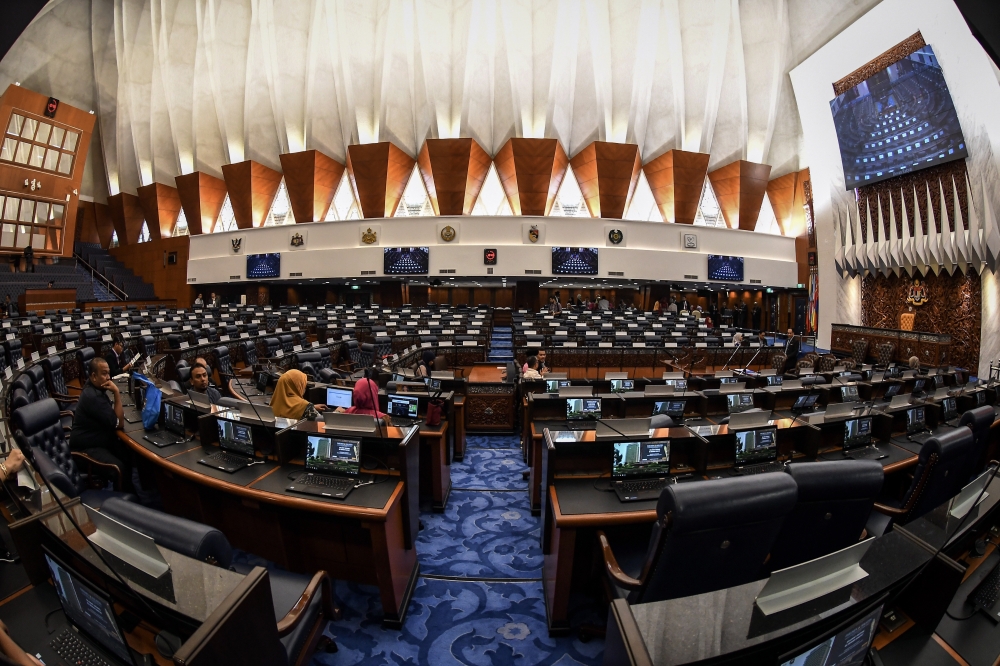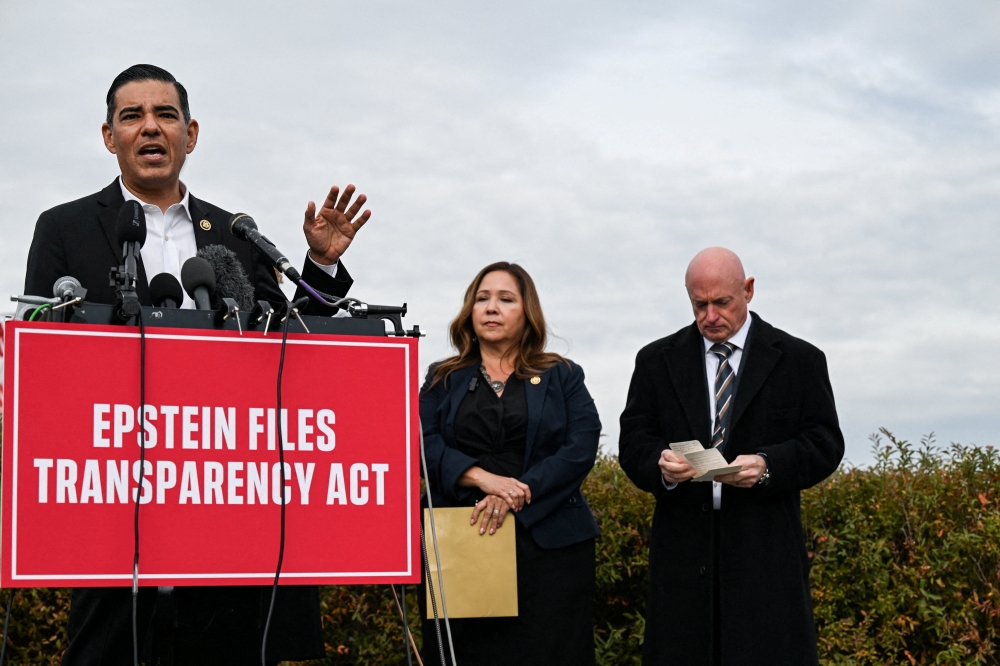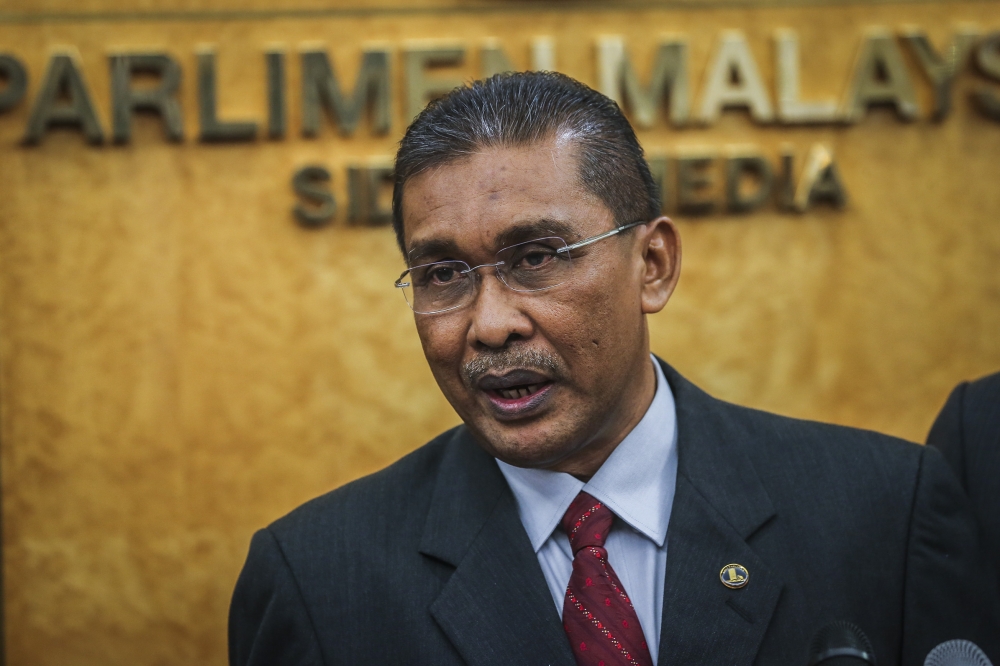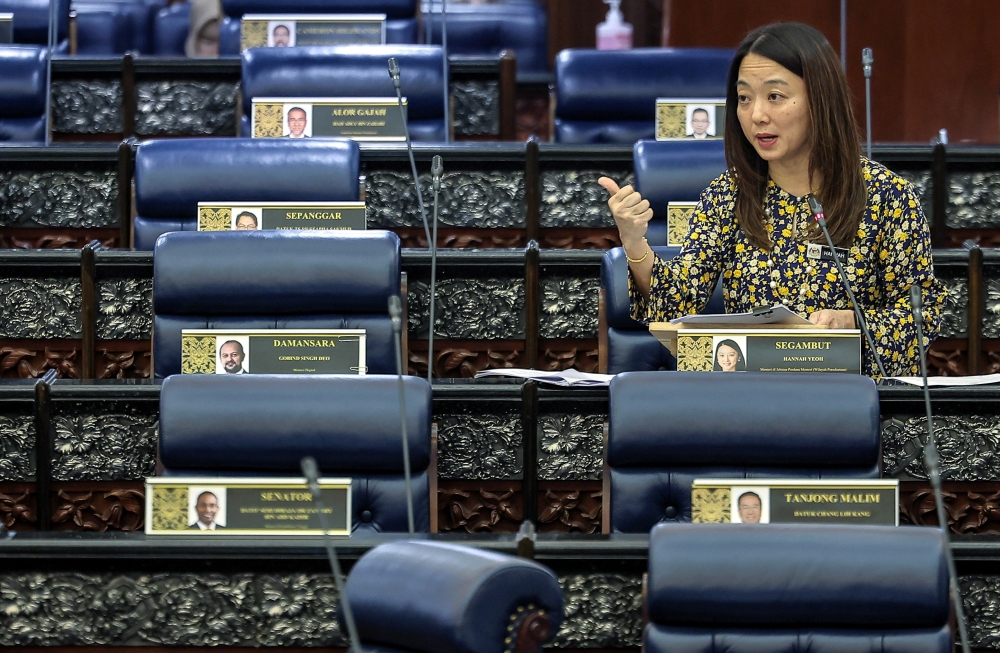KUALA LUMPUR, Sept 11 — Between RM70 billion and RM90 billion in assets in the country have been frozen as of 2020, Utusan Malaysia reported today.
Citing data from Islamic estate planning company As-Salihin Trustee Berhad, the Malay newspaper reported that 90 per cent of it is under Malay ownership.
Haryati Mohd Ali, a professional consultant with As-Salihin Trustee told the daily that these assets were frozen and could not be disbursed immediately as their owners died without making wills or any proper inheritance plans.
She added that other common reasons that have caused the inheritances to be unclaimed include disagreements among the heirs and a lack of time and finances by the heirs to handle the management of their inheritance.
As such, the assets remain registered under the name of the deceased.
“If the asset is in the form of cash, then if the cash is not claimed in seven years, it will be moved to the Treasury. However, if it is involving assets such as a house, then it will be left alone.
“If assets are managed well, it will indirectly help the government generate income, help heirs and can be used for community programmes,” she was quoted saying.
Citing As-Salihin Trustee data, Utusan Malaysia reported that frozen assets back in 2004 stood at RM15 billion but have snowballed over the years. In 2014, the amount came to RM66.6 billion and the latest estimate as of 2020 was between RM70 billion and RM90 billion.
Haryati advised the Malay community to be more mindful of the importance of proper financial planning for the sake of their children and future generations.
“If the public continues to take estate management lightly by not planning well when they’re still alive, it is feared that this will impair the wife and children after the death of the head of a family, and it will also be a huge loss to the national economy.
“I sincerely hope the Malay community will no longer be complacent and irresponsible to their beneficiaries, by obtaining sufficient knowledge especially regarding the legislative process, seeking guidance from an expert, and trying to overcome weaknesses in their documentation in order to facilitate the management of inheritance by their heirs later,” she was quoted as saying.








